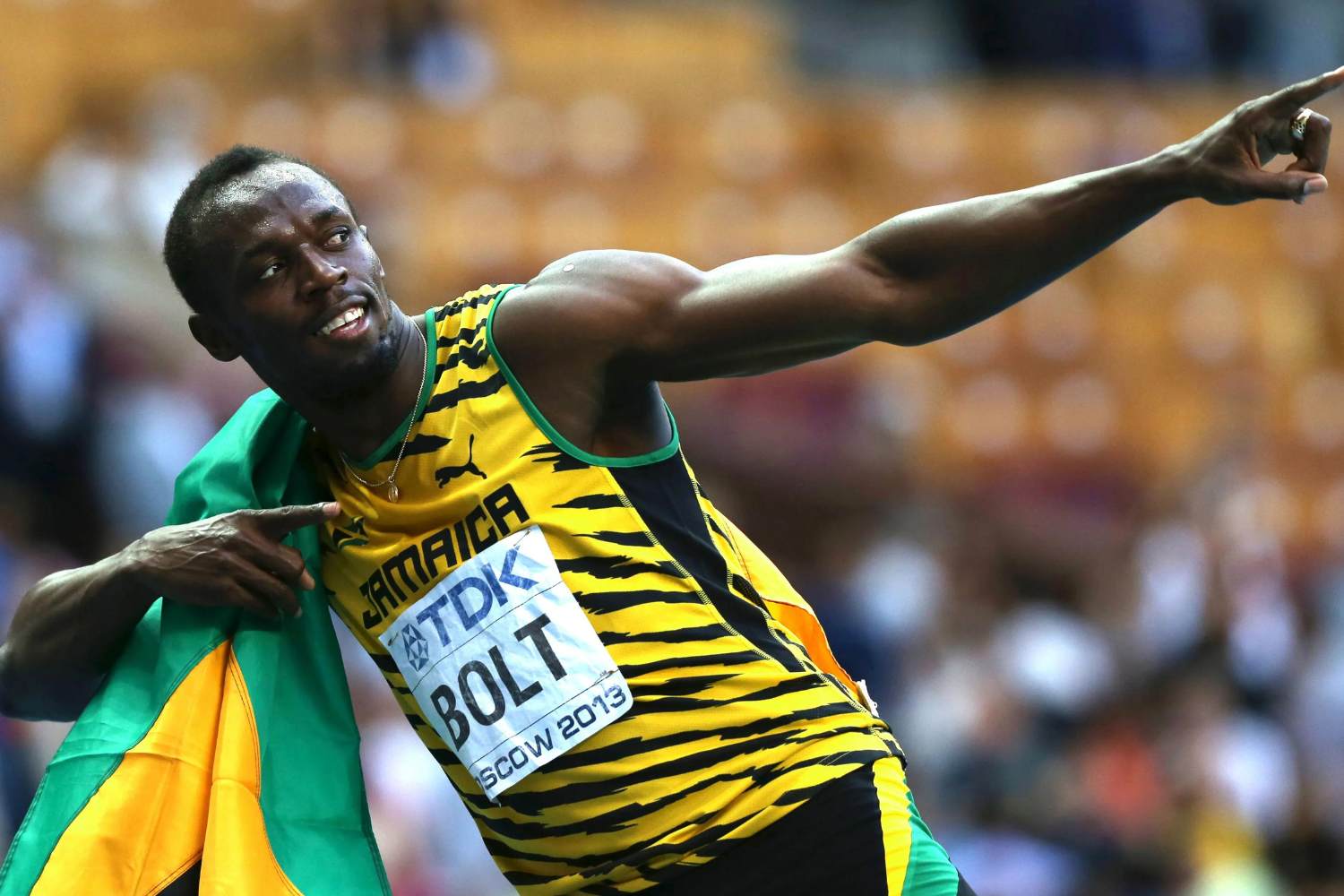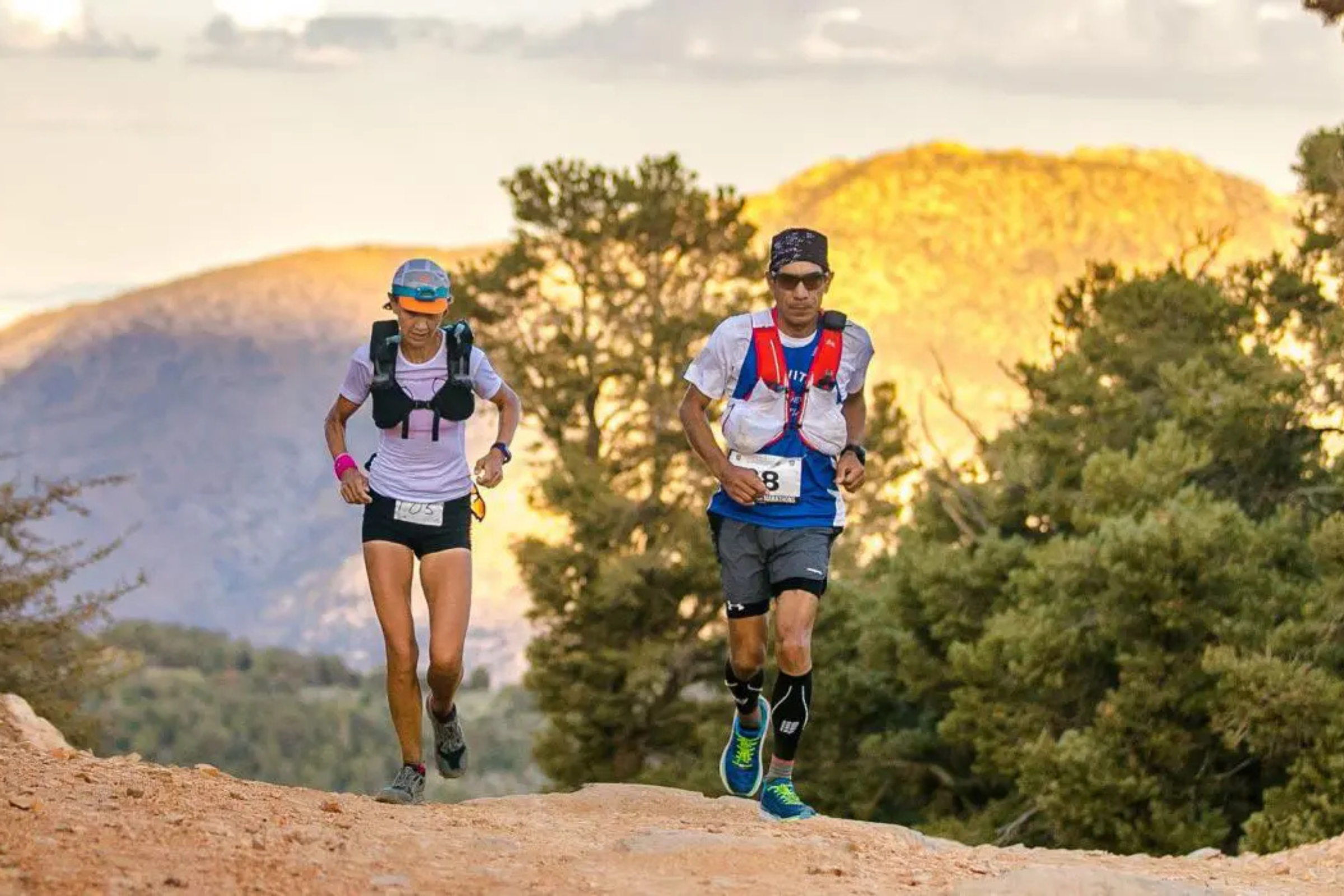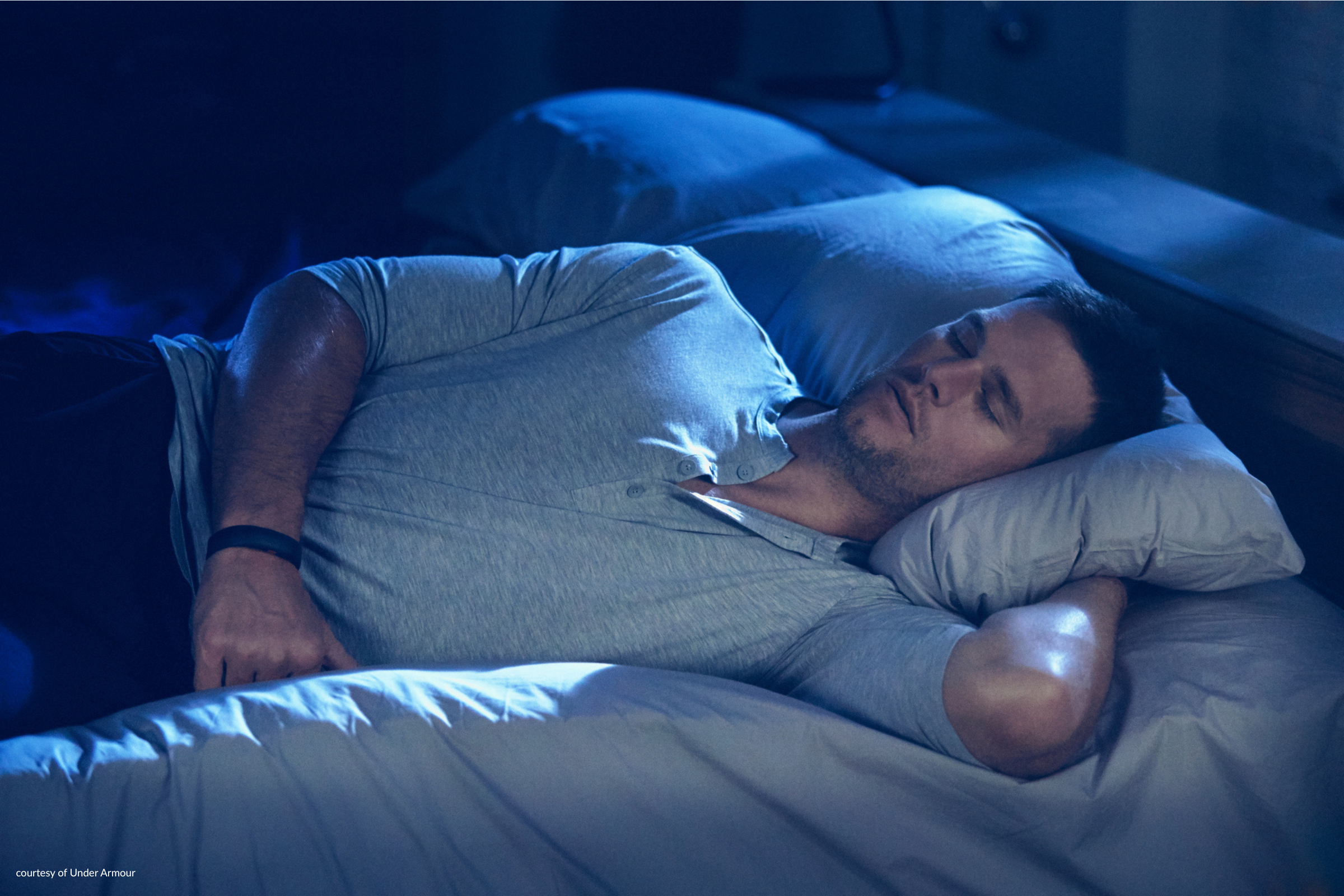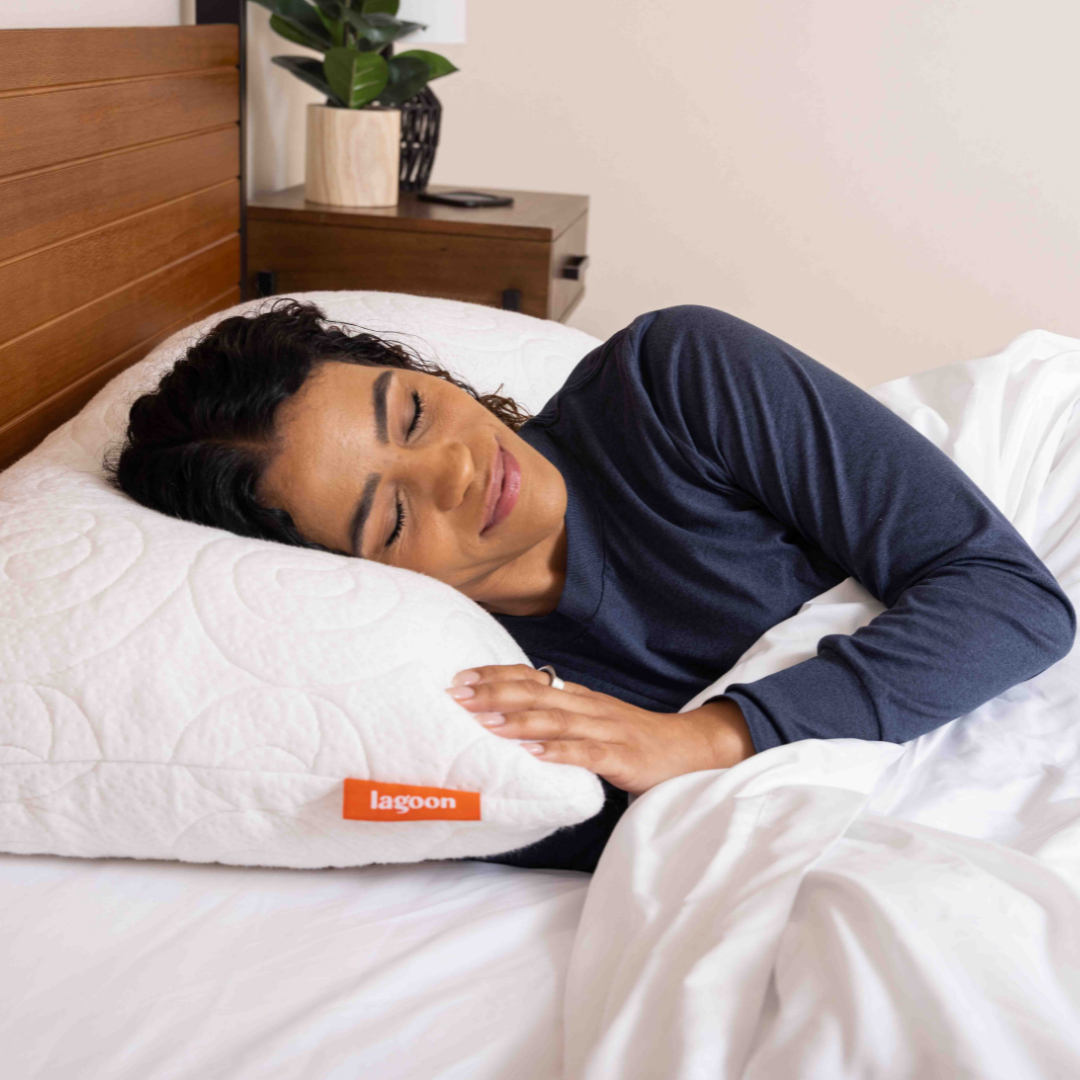Hey packlings 👋
Should you try to get 10 hours of sleep like Usain Bolt? Or be highly-productive with Jeff Bezos’ sleep-focused lifestyle? How can the sleep-low method enhance your performance? Learn all this and more in this week's edition of Sleep & Fitness!
🏃 Usain Bolt Slept 10 hours, Should You?
Competition, pressure, and expectation - these aren’t ingredients for sweet dreams, so how do Olympic athletes manage gold-standard sleep? In an interview, Usain Bolt highlights the significance of this rest, stating that it is essential for his body to absorb his training. Sleep and recovery specialists confirm that this is achieved through optimizing within the athletes framework, rather than setting a generic bar everyone should strive for. Fundamentals such as hydration and light exposure are non-negotiable, but it’s the personalized recovery hacks that athletes seek out to achieve their best. Usain Bolt took naps before his races, and Erling Haaland, a rising star in soccer, implements mouth taping. Other elite gold-medalists are happy with six hours, and some say eight is optimal. This shows that understanding each athlete as an individual is essential to developing personalized strategies that will allow them to harness the power of sleep.
💸 Focus on Sleep Like Billionaire Jeff Bezos
The founder and former CEO of Amazon is no stranger to being busy, but he maintains his highly productive lifestyle with a thoughtful, sleep-focused routine. Bezos goes to bed and wakes up early to use his brain power and energy during peak hours in his circadian rhythm. He doesn’t schedule meetings until 10am, and prefers to conclude before 5pm, saving any further work for the next morning. One of the staples of these morning is his “puttering time.” The hours between waking up and his first meeting are spent reading the newspaper, drinking coffee, and enjoying breakfast with his family. Bezos also stresses the importance of obtaining eight hours of sleep each night. As a senior executive being paid to make a small number of high quality decisions, he must ensure this quality isn’t lowered due to fatigue or unstable moods. The billionaire tailors his schedule to his chronotype, his body's natural sleep preferences, and demonstrates how balancing work with family and downtime has helped him thrive in his high-profile lifestyle.
🍝 How the Sleep-Low Method Can Enhance Your Performance
Upgrade your endurance with this new technique - the sleep-low method. A new study found that this new method of brief restriction of carbohydrates such as bread and pasta before bed followed by exercise before breakfast can alter energy metabolism to promote endurance. By sleeping between the low-carb consumption and working out, your muscles are given a period of rest to adapt to lower glycogen levels and change their storage methods to keep this glycogen in a reserve for the future when levels are low. The timing of this sleep gives a period for your metabolism to adjust and work more efficiently when you’re active once awake - allowing athletes to lose weight and improve their performance quickly. Your body is constantly working as you sleep, so try the sleep-low method to help it work smarter, not harder.
🏆 Team USA Olympians Share the Challenges and Triumphs of Aging
Olympians may look like superheroes, but they age just like we do - so how does this affect their training and performance? Alise Willoughby, a BMX racer, shares that as they get older, the athletes are constantly adapting to their bodies by changing their approach to recovery. Everyday is a new challenge, a new routine, and a new lesson in how to achieve their best. Perry Baker, a 38-year-old rugby player who will also be competing in Paris this summer, agrees with Willoughby and explains how his recovery has become a priority. More of his routine is dedicated to warming up and cooling down, and he implements new techniques he used to skip. Cold tubbing and acupuncture are staples for these older athletes as well as massages and physical therapy. Water Polo player, Ben Hallock, focuses on the importance of sleep, saying five or six hours is no longer enough. Leave it to the elite athletes of TeamUSA to highlight that getting enough rest is essential in maintaining physical and mental balance in high-pressure unbalanced situations, especially as we age.
🍲 Extreme Midnight Munchies - Some People Cook and Eat in Their Sleep!
Some people sleepwalk, some people sleep talk, but those with parasomnia take it one step further and eat in their sleep. In some cases this includes preparing food as well! Sleep and eating disorder specialists explain that this sleepy snacking can happen even if the individual isn’t hungry, and can occur multiple times in one night. They usually have no memory of the experience either. This can be dangerous as unconscious eating isn’t always limited to food, and risks the unknowing consumption of hazardous substances. In extreme cases, people with parasomnia can also injure themselves with cooking equipment - like a hot stove! These episodes are frequently triggered by other sleep disorders, so individuals are more likely to be at risk if they sleepwalk, suffer from an eating disorder, or struggle with anxiety or depression. If you experience any of these or are worried about your sleep habits, talk to your doctor about a sleep evaluation. Not at risk and still curious about your own sleep behavior? Try participating in a sleep study to better understand your nighttime activity.
Whether it’s learning from your favorite Olympian’s sleep routines, getting tips and tricks from a billionaire’s lifestyle, or trying new fitness techniques - we’re on a journey to improve our routine sleep and fitness. Remember to follow @lagoonsleep on Instagram for your daily dose of sleep & fitness news and entertainment.







